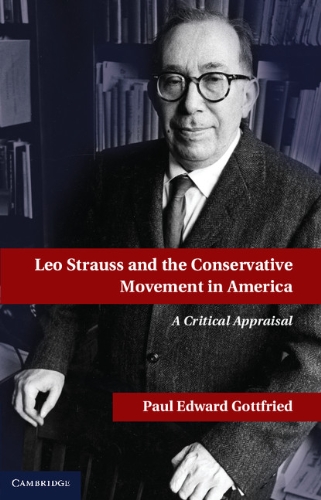Recently by Paul Gottfried: League of Acceptable Nations
A vastly underexplored topic is the British government’s role in greasing the skids for World War I. Until recently it was hard to find scholars who would dispute the culturally comfortable judgment that “authoritarian Germany” unleashed the Great War out of militaristic arrogance. Supposedly the British only got involved after the Germans recklessly violated Belgian neutrality on their way to conquering “democratic“ France.
But British Foreign Secretary Lord Edward Grey had done everything in his power to isolate the Germans and their Austro-Hungarian allies, who were justified in their concern about being surrounded by enemies. The Triple Entente, largely constructed by Grey’s government and which drew the French and Russians into a far-reaching alliance, encircled Germany and Austria with warlike foes. In July 1914 German leaders felt forced to back their Austrian allies in a war against the Serbs, who were then a Russian client state. It was clear by then that this conflict would require the Germans to fight both Russia and France.
The German military fatalistically accepted the possibility of England entering the struggle against them. This might have happened even if the Germans had not violated Belgian soil in order to knock out the French before sending their armies eastward to deal with a massive Russian invasion. The English were anything but neutral. In the summer of 1914 their government was about to sign a military alliance with Russia calling for a joint operation against German Pomerania in case of a general war. The British had also given assurances to French foreign minister Théophile Delcassé that they would back the French and the Russians (who had been allied since 1891) if war broke out with Germany.
 Leo Strauss and the Co...
Best Price: $45.99
Buy New $31.26
(as of 01:00 UTC - Details)
Leo Strauss and the Co...
Best Price: $45.99
Buy New $31.26
(as of 01:00 UTC - Details)
Grey spurned attempts by German Chancellor Theobald von Bethmann-Hollweg to woo his government away from their commitments to Germany’s enemies.






